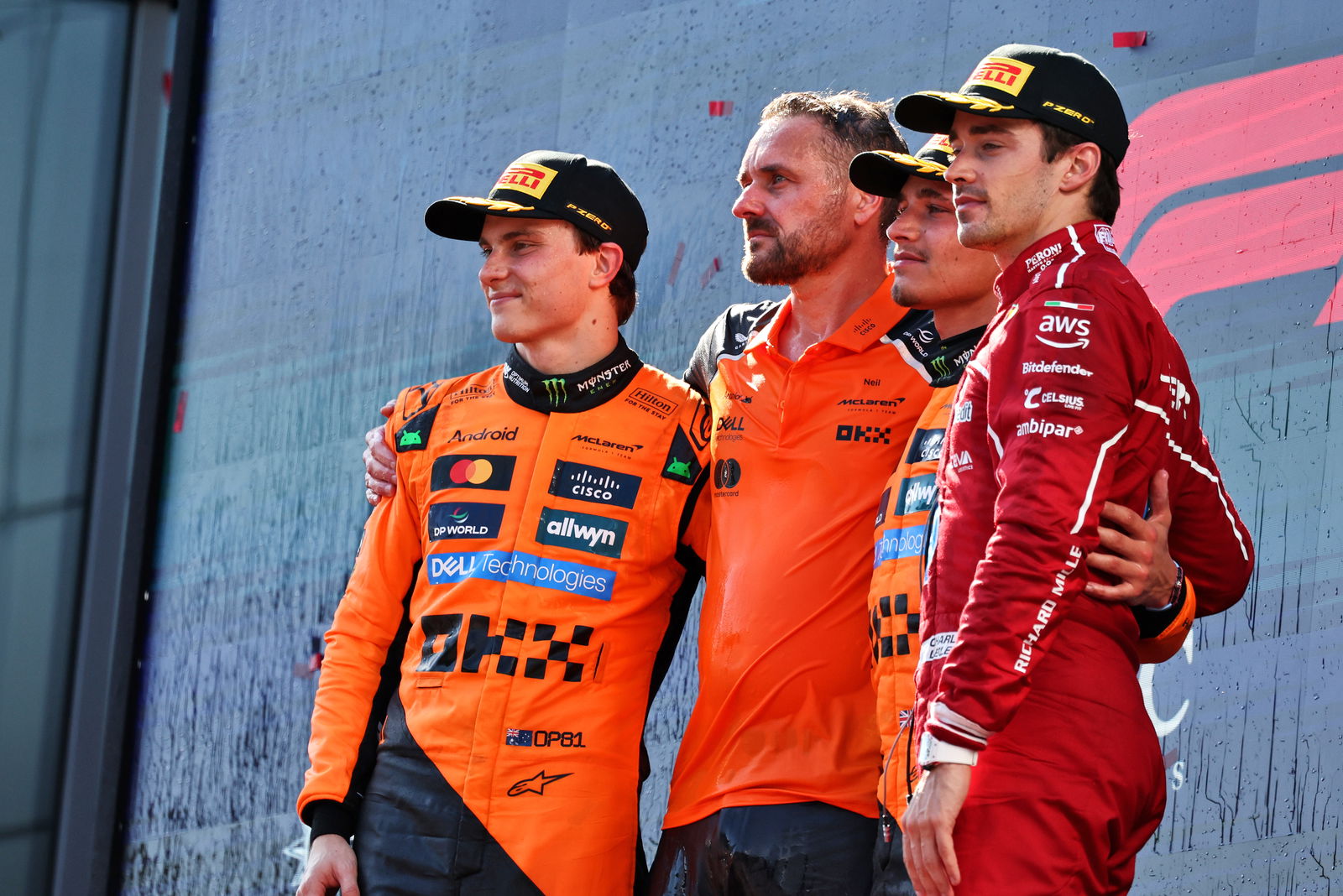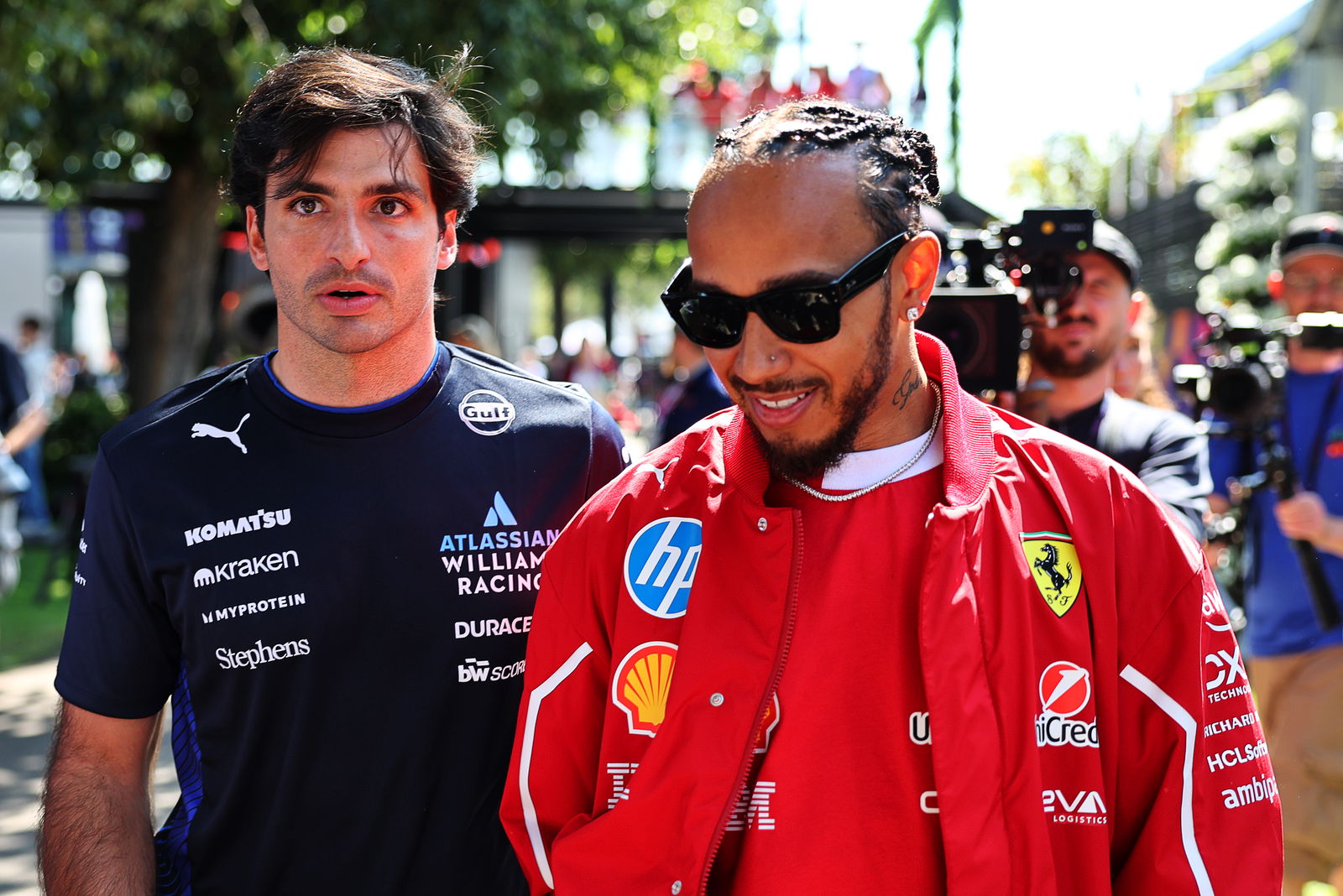F1 boss “ready for talks” to bring back the German Grand Prix
Stefano Domenicali has left the door open for F1 to return to Germany

Formula 1 CEO Stefano Domenicali says he is “ready for talks” to revive the German Grand Prix after a prolonged absence from the calendar.
Germany has a long history in F1, having hosted its first points-paying world championship race back in 1951.
At one time, F1 was so popular in the country that it staged two races a year, with the German Grand Prix at Hockenheim being complemented by the European Grand Prix at Nurburgring from 2008-2014.
But after the Nurburgring dropped out in 2015, Hockenheim’s contract also ran out in 2019, having already been reduced to hosting the race every other year.
The last F1 race in Germany took place in 2000, when COVID restrictions prompted the series to overhaul its calendar and draft in Nurburgring under the Eifel GP banner.
Although F1 has been reducing its European footprint in favour of new markets, Domenicali underlined that Germany remains strategically important for the championship - and said it would revisit the country if there is interest from a promoter.
"Money is secondary at the moment. First of all it is about knowing with whom we have to talk. We are ready for talks,” Domenicali told the Bild.
“Germany is Germany and belongs in Formula One. So if someone has a serious interest he will find a way to contact me.”
Germany has produced some of F1’s greatest drivers, including seven-time world champion Michael Schumacher and four-time champion Sebastian Vettel
The country’s biggest luxury car manufacturer Mercedes also has a long-standing presence in F1 through its factory team, while rival brand Audi - partner of the wider Volkswagen Group - will also enter the series for the first time in 2026.
Germany could potentially join the calendar through a calendar rotation system, which has been touted as a solution to F1’s expansion issues.
The Belgian Grand Prix, for instance, recently signed a four-race deal until 2031, covering 2026, 2027, 2029 and 2031 seasons, but skipping 2028 and 2030.
Domenicali acknowledged Germany’s place in F1 history but also highlighted the competition it faces from other nations eager to secure a spot.
"Time is pressing. There is a long waiting list of companies and even countries with their prime ministers and kings who are desperate to have a race," Domenicali said.


